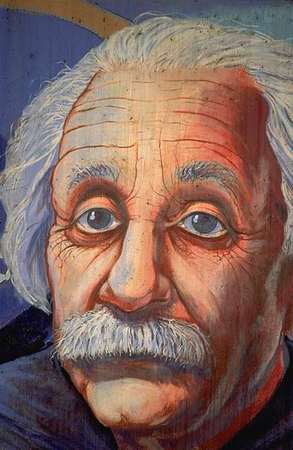
Open Theology and Process Theology. How do they stack up against Biblical Christianity?
For this article, we will focus only on the proposition that God is affected, controlled & subject to Time.
According to widely accepted scientific data, time is a physical property. In Einstein’s theory of relativity, time is part of the four-dimensional spacetime continuum, influenced by mass, acceleration, and gravity. Effects like time dilation (e.g., near massive objects or at high speeds, black holes) demonstrate time’s physical nature, measurable and interconnected with space and matter.
So if Time is affected by Mass, Acceleration and Gravity and God is affected by Time, then God is affected also by Mass, Acceleration and Gravity…? Hmmmm!
Open Theism emphasizes:
- God’s Love: Primary characteristic, involving relational give-and-take.
- Human Free Will: Genuine libertarian freedom, not predetermined by God.
- Open Future: Future is not fully known or set; God knows possibilities, not all outcomes.
- Dynamic Omniscience: God knows all that is knowable, but the contingent future is unknowable.
- Divine Temporality: God experiences time moment-by-moment, not timeless.
- Relational Providence: God responds to and is affected by human actions, not controlling all events.
Process Theology key tenets:
- Evolving God: God is not static but changes, growing with the universe.
- Limited Power: God persuades, not controls, limited by the world’s processes.
- Relational Universe: All reality is interconnected; God and creation mutually affect each other.
- Open Future: God knows the present perfectly but not the future definitively.
- Temporal God: God exists within time, evolving with creation.
- Free Will: Inherent freedom in all entities, shaping reality alongside God’s influence.
- Open Theism/Process Theology: Place God within or affected by time, implying time is a fundamental constraint on God. This conflicts with relativity, which treats time as a physical, created property, malleable by mass, gravity, and acceleration, not an absolute or supreme causal agent.
- Orthodox Christian/Jewish Theology: Views God as timeless and eternal, outside the created order, including time. This aligns with the scientific view of time as a physical property within the universe, subject to relativity, not binding or limiting God.
Conclusion: Both Open Theism and Process Theology are at odds with accepted scientific data regarding Time, while Orthodox Christian and Jewish Theology, as found in the Bible, aligns more closely to current science.
